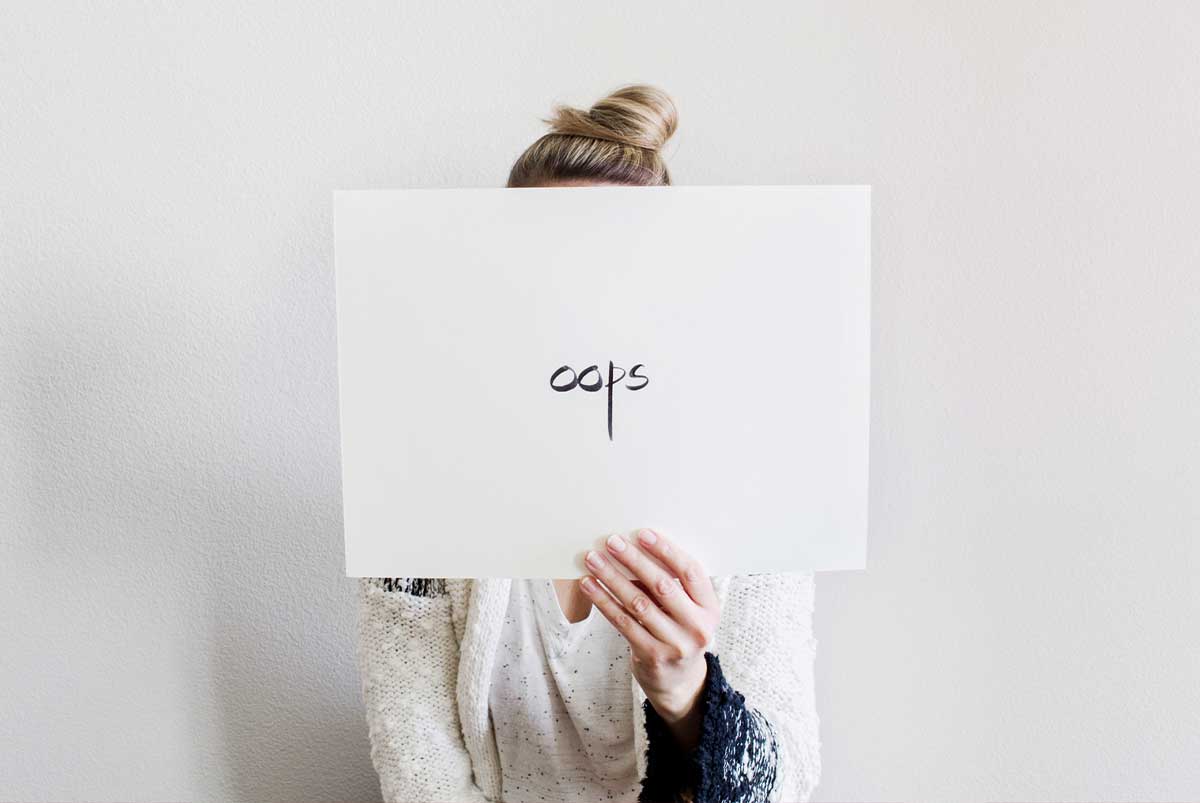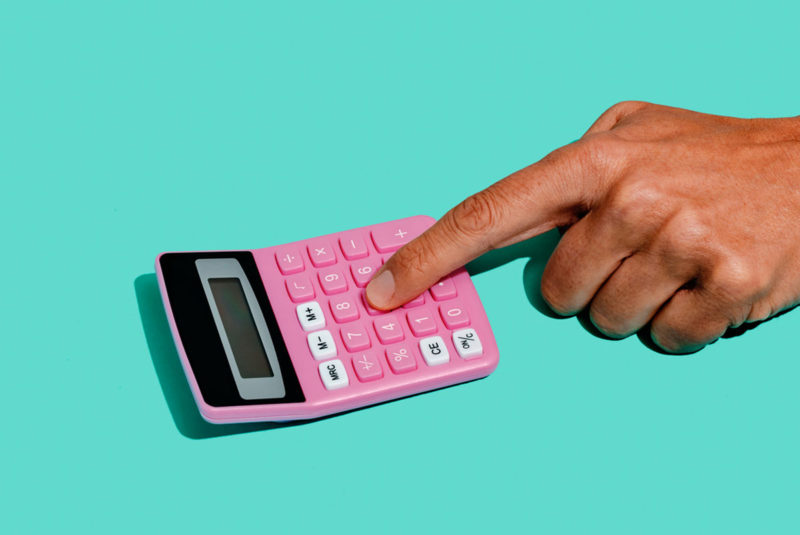You may think that your credit reports perfectly reflect an accurate picture of your credit history. But that might not always be true.
Mistakes and inaccuracies appear on credit reports more often than many people believe. Some mistakes may be minor, like misspellings of names, addresses, or other personal information. Other mistakes, such as incorrect payment history or the addition of credit accounts that don’t belong to you, could be much more significant.
Credit bureaus are legally obligated to investigate when you dispute the accuracy of an item on your credit report. However, if you’re not checking your credit regularly, sometimes inaccurate information can go unnoticed for years. In the meantime, those credit reporting mistakes could have a very damaging impact upon your credit scores, whether you realize they’re on your reports or not.
In 2012 an FTC study found that about 25% of consumers had an error on one of their credit reports, and 5% were paying higher interest rates because of those mistakes. The study also found that about 10% of consumers who found errors and disputed them wound up with better credit scores, making them more eligible for better loan terms.
It’s definitely worth your time to get your credit reports and take a look at their contents. In fact, you should make a habit of reviewing your three credit reports several times per year. If you find any mistakes, you can take some pretty simple steps to correct them.
Checking Up on Your Credit Reports
You have three credit reports, one from each of the consumer credit bureaus (also known as credit reporting agencies) – Experian™, Equifax® and TransUnion®. Under federal law, you can check free credit reports from all three major bureaus once every 12 months from AnnualCreditReport.com.
Some credit report errors to look out for include:
- Name misspellings (common when family members share similar names)
- Duplicate accounts
- Incorrect accounts
- Fraudulent accounts (especially if you’ve been a victim of identity theft)
- Information or accounts from an ex-spouse
- Incorrect payment statuses
- Outdated information (like negative accounts over seven years old)
- Incorrect date of first delinquency on a collection account
If you find any fraudulent activity on your credit reports, you should probably place credit freezes and/or fraud alerts on your three reports. You can also place credit locks on your three reports, but this is different from a credit freeze, which the government requires the bureaus to offer free of charge.
Correcting Errors in Your Reports
If you spot an error in a credit report, you should file a formal dispute with the credit reporting company. The dispute process is completely free. Under the provisions of the Fair Credit Reporting Act, the credit bureau must investigate the error and update you with the results of its investigation within 30 days (as long as they don’t see the request as frivolous).
It’s worth noting that there are a few cases where a credit bureau may take up to 45 days to investigate your dispute instead of 30 days. Your dispute investigation might last up to 45 days if:
- You send a dispute after claiming your free annual credit report.
- You send a credit bureau additional information about an ongoing dispute in the middle of the 30-day investigation period.
While the item on your credit report is being investigated, the information that’s in dispute will be treated differently by scoring models like FICO®. Basically, the payment history and balance on the account will be temporarily ignored, so that the potentially incorrect information can’t hurt your credit scores until the credit bureau determines whether or not the item needs to be deleted from your report.
When you want to challenge the accuracy of an item on your credit reports, your best bet is to send in a dispute via certified mail to each credit bureau involved (explained below). Be sure to provide all of the information the credit reporting agency requires to investigate and deal with the issue.
If a disputed item on your credit report is corrected, you can request that the credit reporting agency send a corrected report to any creditor that has received the report within the past six months. You can also ask for a copy of the updated report to be sent to any employers that have received the report within the last two years.
How To File a Dispute With Each Credit Reporting Agency
1. Filing a dispute with a credit bureau
Once you find an error, check to see which credit bureau created the report. Then, you can mail a certified letter (return receipt requested) asking the credit bureau to correct the mistake or delete the offending account from your credit report. Remember, if the error is on all three of your credit reports, you’ll need to send a dispute to all three credit bureaus:
Equifax®
P.O. Box 740256
Atlanta, GA 30374-0256
Experian™
P.O. Box 4500
Allen, TX 75013
TransUnion®
P.O. Box 2000
Chester, PA 19016
Although you can also submit credit disputes online, we don’t recommend doing so because the “reasons” you’re allowed to give are pre-populated. Online disputes make it harder to tell your side of the story, so we recommend sending disputes by certified mail instead.
2. Waiting for results
It will take some time for your request to be processed.
For disputes about accounts, the credit bureau will need to contact the source of that information, known as the “data furnisher.” Then that data furnisher will investigate the information, and the whole process may take as long as a month.
If the data furnisher doesn’t respond in time or can’t verify the request, the disputed information will be removed from your credit report. However, if the information is verified, the disputed information will remain on your credit report.
If you’re unsatisfied with the result of your dispute, you have a few options available:
- Submit a follow up dispute with the credit bureau(s)
- Contact the data furnisher directly and try to get them to change the information
- Submit a complaint to the Consumer Financial Protection Bureau (CFPB)
- Submit an explanatory statement of up to 100 words, which will be attached to the account in question (but this won’t help your credit scores)
- Speak with a consumer protection attorney if you can’t get a credit reporting error corrected and it’s hurting your credit and your ability to borrow money at an affordable rate
Once the investigation is complete, you’ll receive an update with the results. If your dispute is successful and your credit report changes, you’ll get a free copy of your credit report in its updated state.
If you’ve removed or altered a significant negative item, you may see a corresponding increase in your credit scores soon after (as long as everything else on your report stays the same).
The Short Version
- If you find any fraudulent activity on your credit reports, you should probably place credit freezes and/or fraud alerts on your three reports
- If you spot an error in a credit report, you should file a formal dispute with the credit reporting company. The dispute process is completely free
- You can mail a certified letter (return receipt requested) asking the credit bureau to correct the mistake or delete the offending account from your credit report




